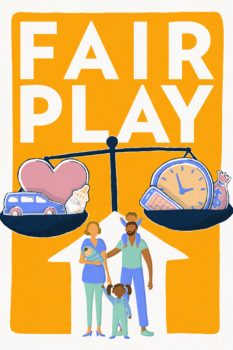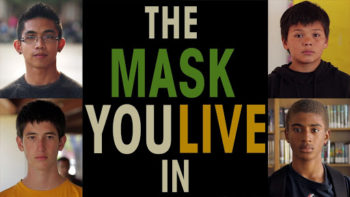As the coronavirus pandemic’s repercussions can be felt in many parts of our world, it also impacts each individual in a different way. A Kaiser Family Foundation poll found that 45% of American adults reported that their mental health has been negatively impacted by the coronavirus. With women disproportionately harmed by the societal effects of coronavirus, and men discouraged from seeking emotional help or risk being viewed as weak—COVID-19 has surely worsened collective anxiety for all gender identities. Uncertainty, worry, stress, disruptions to our daily routines and productivity—all of these pose major implications on our mental well-being. Since May is Mental Health Awareness Month, it’s important to have an open discussion about mental health and how you can best look after yourself during these unsettling times.
The purpose of Mental Health Awareness Month is to diminish the negative stigmas that surround mental illness, to educate the public, and to support those who are living with mental illnesses. According to the Anxiety and Depression Association of America, nearly 450 million people worldwide suffer from mental illness, and only one third of people with mental illnesses seek treatment. The coronavirus has brought the topic of mental health into a new light: The Washington Post reported that texts to a federal hotline for mental health increased by 1,000% compared to April of 2019. The Disaster Distress Helpline also saw over a 300% increase in calls between February and April 2020.
Mental health exists on a spectrum, and by bringing attention to it we can move forward with destigmatizing mental illness for everyone. Mental health is just as important as physical health, and looking after it should be a top priority. You have to take care of yourself before you can help others. The pandemic may pose challenges to how you deal with your mental health, but it does not mean that there are no solutions.
According to mental health experts, there are effective ways you can cope during the pandemic: continue to check in with your friends and family through video chats, texts, or phone calls—social distancing does not have to mean total isolation. Stay active by stretching and going for walks (tons of workout videos exist on YouTube!). Set limits for time spent on social media and watching the news to avoid the 24/7 media cycle. Remind yourself that you are not alone, and that we will get through this.
If you or anyone you know is struggling, please use the following resources:
Take Action! For more information on Mental Health Awareness Month and for tools to thrive, visit Mental Health America’s website.




